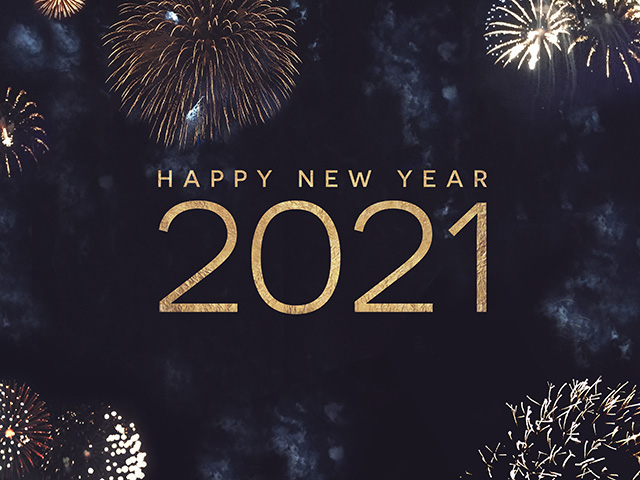A review of the data compiled on New Year resolutions reveals that almost half of all Americans make them every year. Of those, 15% of Americans are sticking to resolutions come February and only 8% report that they achieve their resolution by the end of the year. In short, the vast majority of well-intentioned New Year resolutions never make it very far.
These statistics are based on pre-pandemic data. The mental, physical, and financial state of many Americans at the end of this month is much more fragile due to the impact of the CoVid-19 pandemic. This begs the question – is 2021 really the best time to set lofty goals that we may not achieve, possibly leaving us feeling disappointed and down? Do we need the added pressure of losing weight while surviving a pandemic? Or the resolution to be a perfect parent while homeschooling and working from home? If you are feeling less than enthusiastic about making New Year Resolutions this year, you are not alone.
This doesn’t mean you need to abandon goal setting for 2021 all together. Reflecting and learning from the last year while setting intentions about the year ahead can be a healthy alternative to setting more rigid resolutions this year.
Taking an inventory of the last year by journaling is an intentional way to notice how things went. It is a good way to practice gratitude for what went well and the foundation for making a plan for how to make things better. We recommend using all or a few of these questions to get started:
- How did you grow this year?
- What went really well?
- What didn’t go well?
- What brought you joy and happiness?
- What brought you pain or heartache?
After journaling, use another piece of paper folded in half to make two columns. One side is for “what worked” and the other side is for “what didn’t work.” Brainstorming without judgement is an important part of this exercise. You may find that you achieved more success in some goals that you gave yourself credit for. Alternatively, you may spot ways to improve things in the upcoming year.
Here are a few examples that show the difference between a resolution and an intention:
- Instead of making the common resolution to lose weight → choose healthy foods that make me feel good.
- Instead of the resolution to save more money → practice more intentional spending on the things I need.
- Instead of the resolution to run a marathon → move my body every day in ways that I enjoy.
It is important to remember that even though we are saying goodbye to 2020, many of the stressors that we have experienced will remain on our plate as we enter 2021. If you decide that making resolutions is not for you this year, that is okay.
In fact, this decision could very much align with setting the intention to mindfully say not to additional pressure in 2021. Maybe this is the perfect year to flip the script on resolutions and try something different instead.

